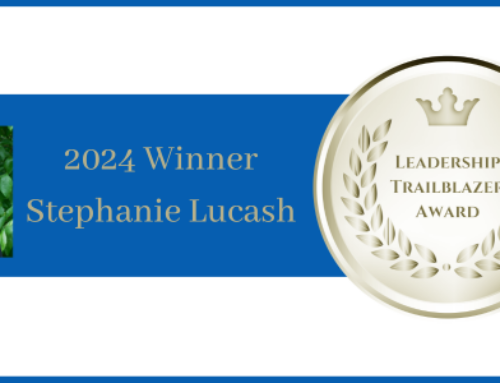Career Corner – Resume Development Part I

By Jenn Reichelt, Associate, The Novak Consulting Group
The ushering in of a new year always brings a wave of resolutions. One of the most common (according to the interwebs) is finding a new job. However, many resolutions fail or fall off our radar once March rolls around. Maybe it’s due to a lack of planning, preparation or focus. Or maybe you’re like a lot of us and are good at the planning, but you stumble with the doing (i.e. procrastination).
Welcome to Career Corner! In this first segment of a two-part article, we’re focusing on one of the first steps in getting a new job – resume development. Your resume often introduces you to a future employer before they meet you in person, so the goal is to make a good first impression. It’s time to dig out your resume, look at it with fresh eyes, and update it. Here are a few tips to get you started:
Format – Keep your resume clean by avoiding an overly creative or busy format. Choose an easy to read font no smaller than 10 pt. and make sure you have adequate margins and white space throughout the document. Design with the reader in mind.
Length – There is much debate over the appropriate length of a resume. If you have enough relevant work history and experience to fill more than one or two pages, go for it. If not, and you are taking up space with unnecessary information, it’s time to start cutting. Keep your resume clear, concise, and to the point, but don’t sell yourself short by trying to fit your resume on one page.
Contact Information – Include your contact information (name, mailing address, email, and cell phone number) in a prime location – usually at the top. You may also include a link to your social media information, blog, or website, but don’t include photos. It’s an outdated practice, takes up valuable space, and can make you seem too informal.
Rather than using your current work email address, use your personal account for any correspondence with a potential employer. It’s bad form to communicate with a prospective employer using your current employer’s resources (and public-sector emails are subject to public record laws).
Tell Your Story – Think of your resume as an opportunity to tell your story. It’s the highlight reel of your career. It should help the reader get to know you and what you’ve accomplished. Instead of listing your duties or reiterating your job description, include important projects and accomplishments for each of your positions. A bulleted list is simpler and more concise than a narrative or paragraph. It also forces you to focus on your details and accomplishments, especially if you start each bullet with a verb.
It is vital that you include details and quantify results. For example, if you supervise staff, include the number of people. Manage a budget? Wrote for and received grant funds? Served as the project manager for a capital project? Quantify it. Focus on your accomplishments rather than your job description.
It is common practice to list your past employment in reverse chronological order (most recent first). Deviating or trying something creative makes the reader hunt for information and it may appear like you are hiding something. Provide the month and year for each position to clarify that you have had continuous employment. If you have a gap, explain that in your cover letter or a quick bullet.
Stay tuned for the next segment of Career Corner where we’ll wrap up our conversation on resume development.
_____________________________
Jenn Reichelt has 16 years of experience in local government management, most recently as deputy city manager for the City of Great Falls, Montana. Prior to her time in Montana, she worked for the City of Glendale, Arizona for 10 years.
Jenn joined The Novak Consultant Group in June 2016 and brings with her a wealth of knowledge in the areas of human resources management and labor management. She is adept in collective bargaining, mediation, fact-finding, and arbitration processes. Jenn has a strong background in community engagement, public outreach, and media relations, as well as crisis and emergency management. She is skilled at working with diverse stakeholders and building consensus.
Jenn earned a bachelor’s degree in business administration and a master’s degree in public administration from Northern Arizona University. She is a member of the International City/County Management Association (ICMA) and a graduate of Leadership ICMA and the Weldon Cooper Center for Public Service Senior Executive Institute.


